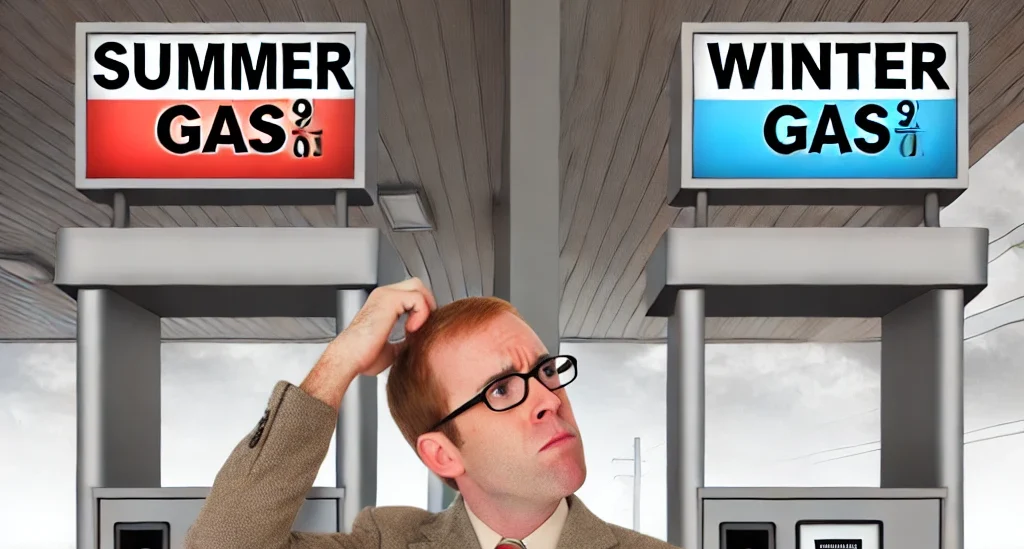How to Properly Buy a Used Car
Used cars have their advantages, and just because they carry the “used” title doesn’t mean the process needs to be a total crap shoot. Perhaps you’re looking for a reliable choice for your teen, or just a way to avoid paying an unnecessary amount of money to get that new car smell. Buying a used car can be tricky, and sadly, good honest salesmen are few and far between. Don’t give yourself any unnecessary stress. Follow these steps to make sure you’re choosing the right car.
In your initial used-car-hunting stages, you can do some simple tests to see if the car is worth the next step (taking it to a mechanic.) The first thing to look for is rust and dents on the exterior. Rust can turn into a huge problem on used cars, especially if there has been no attempt to treat it. When you’re done looking on the outside, look for similar problems under the hood. Try the quarter test on the tires, and look for other issues like interior seat ripping and bad headlights. If there are no blatant, forewarning issues, it’s very important to take your car to a mechanic. The mechanic’s bill is just a small price on such a major purchase.
Get a background check on the car you’re about to buy, no matter what. At $39.99 from Carfax, this isn’t a huge investment in the grand scheme of things, and could save you a lot of money in the long run. If you’re buying from a used car dealership, they’ll often give you one for free just for asking. I once looked at buying a car that seemed too good to be true. It had a flawless exterior and drove smooth as silk. Right before the deal went through, I was informed by the seller that the car had been in a recent accident. This happened to be a best case scenario. The seller could have easily left that little bit of information out.
Negotiation is key. Even if the car is advertised at a good price, there’s no harm in trying to go lower. Research what the car is worth based on the Kelly Blue Book, and give the seller a reasonable offer. It’s very important to know a lot about the car you’re about to submit an offer for. Be sure to point out every problem, prices of parts that will need fixing, and so forth. As long as you’re respectful, this will only help your case. Sometimes you’ll hear the seller say there are a lot of people interested, in order to get you to pay more and commit to a purchase more quickly. Take those words with a grain of salt. Bidding wars don’t happen often with used cars. You can usually work out a deal right in the same time frame of test driving the car.
Remember, if the situation doesn’t feel right, it’s usually not. You may find yourself in a difficult situation from time to time. For instance, the car seems really nice, but something is fishy with its dealer. Car problems can be covered up very easily, and your 20-minute test drive can still hide a lot about the car. Don’t let any dealer talk you into a purchase before you’re ready.




